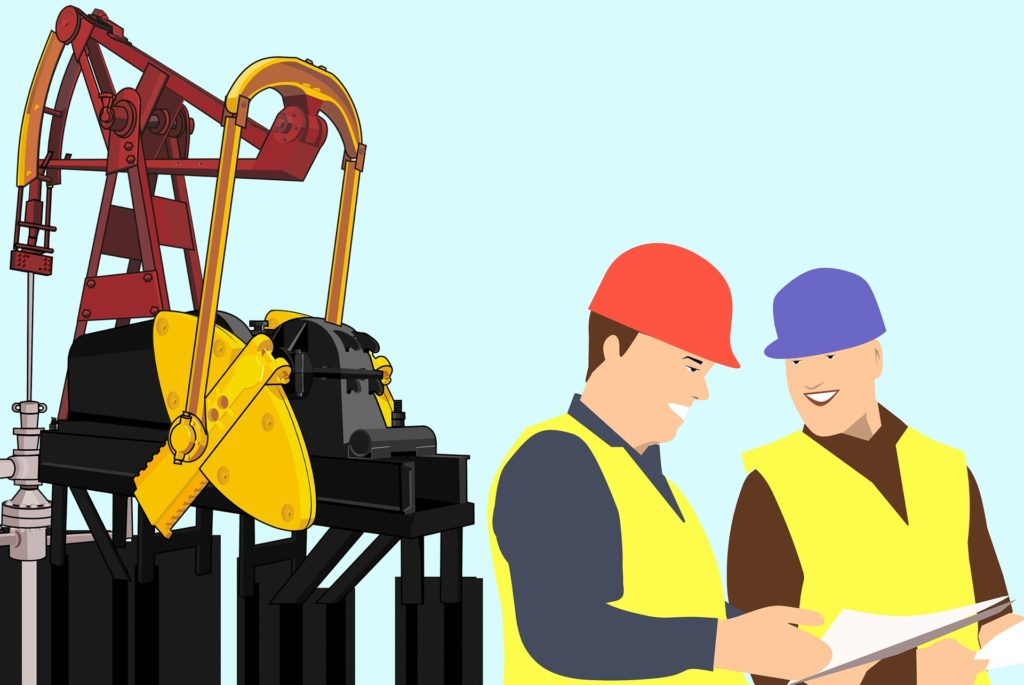
Last year marks another development for the politics of Iraq. Barham Salih has been elected as the president of the country last October. Because of the changes in Iraq’s political atmosphere, the hope for the long-awaited change in the country has been bigger than before. Will Iraq finally reclaim its seat using its big petroleum oil resources? How will it affect the dinar value?
Iraq is a country rich with petroleum oil, and everybody knows that oil is important in almost every aspect of life right now. Transportation will cease for a while if the supply of oil suddenly stopped. It will also affect a lot of industries like medical facilities (who get their medical supplies through delivery), manufacturing, online retail markets, and domestic travels. Those who have the oil will have a rich country ahead of them. However, having the resources is not enough to make a country profitable. Good management is also a must, and that is what’s plaguing Iraq since the Gulf War. With government mismanagement, corruption, and other factors, like wars, poor infrastructures, and heavy sanctions, Iraq’s oil never made the country as rich as it should be.
The Turning Point For Iraq
Now that a new government is in place for Iraq, the defeat of ISIS, and the withdrawal of the US troops in the country, Iraqis can focus on rebuilding their country, which has been overdue. The people are vying for Barham Salih and his new government. Adel Abdul Mahdi is also designated as the new Prime Minister. Salih, who defeated his rival Fuad Hussein with 219 over 22 votes, even renounced his British citizenship in order to follow the Iraqi law. A lot of people see this as the new chance for a turning point in Iraq. In the light of this new government, a lot of people believe that the sectarian divisions that plagued Iraqi politics since Saddam Hussein fell will soon start to disintegrate. With a safer overall environment and a new political climate, Iraq can finally focus on utilizing its oil.
Just this December, Iraq’s Ministry of Oil started the move in waking up the oil industry. The country has finally resumed its exportation of oil from the Kirkuk through Ceyhan port in Turkey. This exportation alone enables Iraq to sell 50,000 to 100,000 barrels per day. In addition to this, the production of oil last December has reached 5 million barrels per day, which is already a good start. The crude oil from Iraq also started making price hikes which will add to the country’s total revenue. With the capacity boost and the revival of this industry, things are looking better for the country. If Salih’s government can finally convert its revenues from oil, as well as non-oil products, Iraq’s economy will be turning uphill once again.
Italian multinational oil and gas company ENI is also eyeing for Iraq’s oil as its CEO, Claudio Descalzi, met with Oil Minister Thamir A. Al-Ghadhban just this month. Descalzi and Al-Ghadhban used this meeting to talk about future opportunities for a partnership between Iraq and the multinational company. They also discussed the current projects and collaborations as well as the social projects of the two parties. These social projects include joint efforts in tackling Iraq’s social problems, such as healthcare, education, access to energy, and clean drinking water, which the past government has failed to address.
What Does This Mean For The Iraqi Dinar?
Dinar is the official national currency of Iraq. Just like any currency in the world, dinar reflects the current state of the economy in Iraq right now. As of this writing, the value of Iraqi dinar against the US dollar is $1 = 1,190 IQD. A lot of people might say that the value is too low. However, compared to its value ten years ago, which reached almost 1,500.
When Salih’s government and the next governments after him manages to fix the problem with revenue conversion to public service, then the Iraq economy can finally rise. The dinar’s value will finally be able to rise with the economy. That’s the reason why investing in dinar is one of the most popular currency investments right now. Buying in low and selling high is one of the basic rules in foreign exchange.